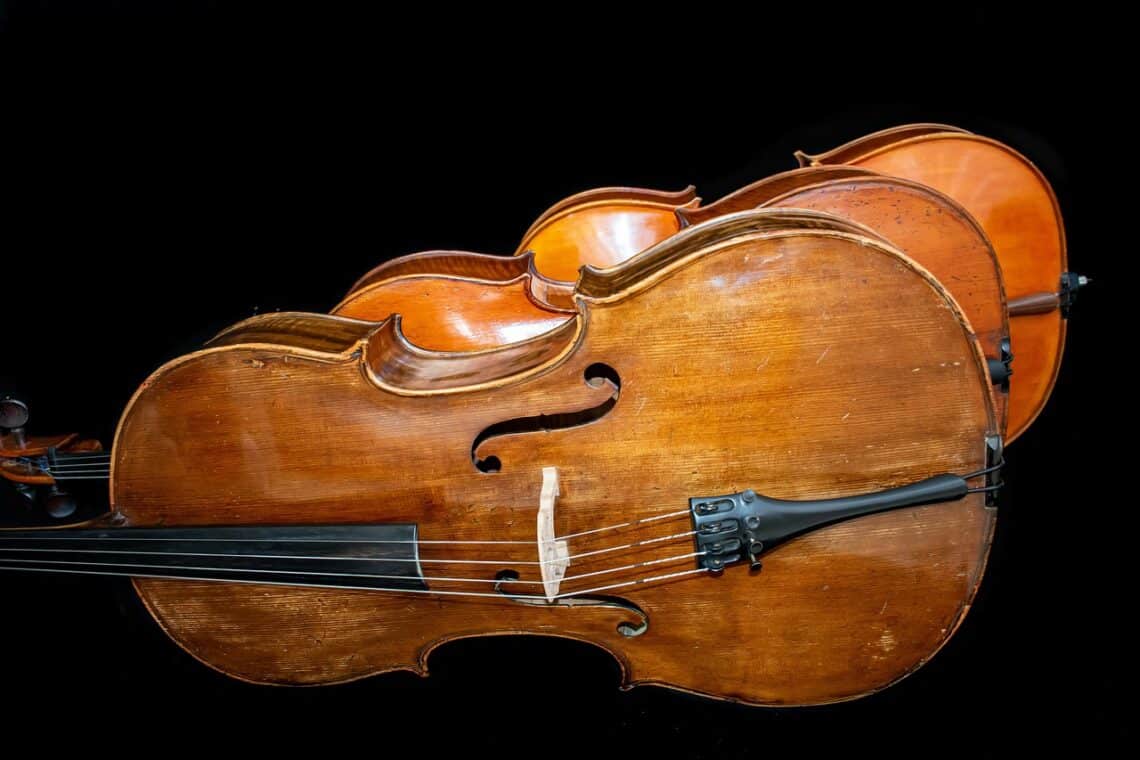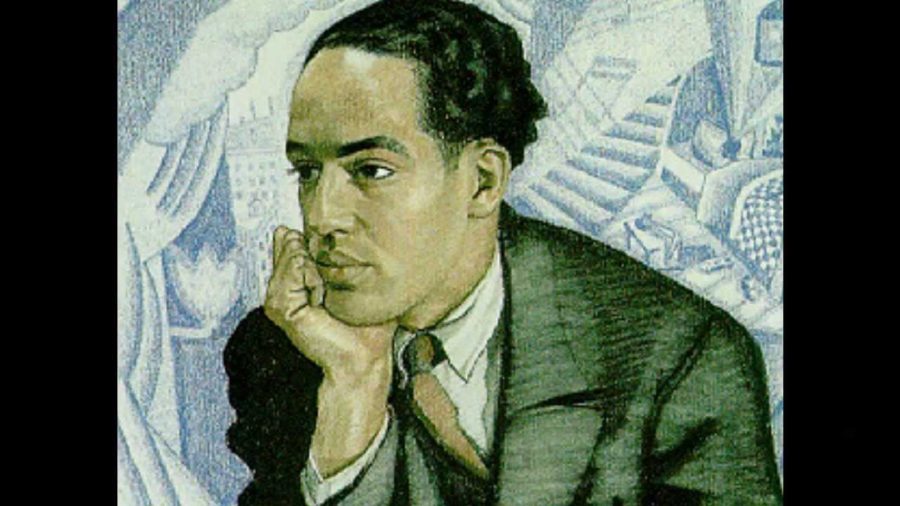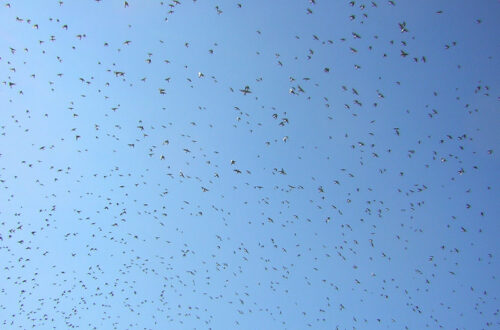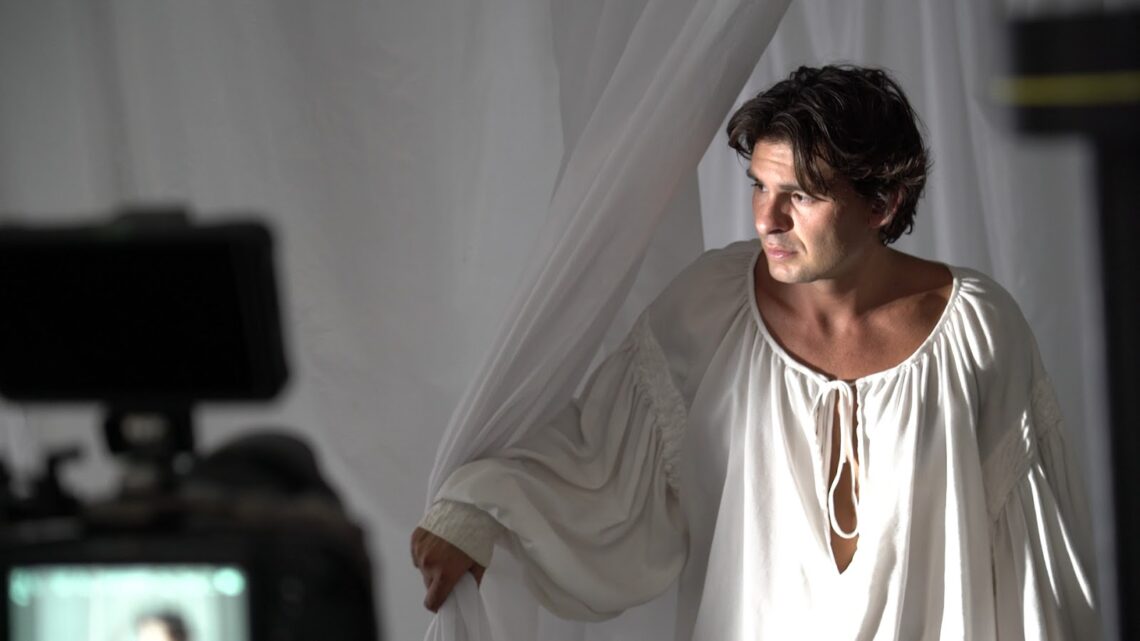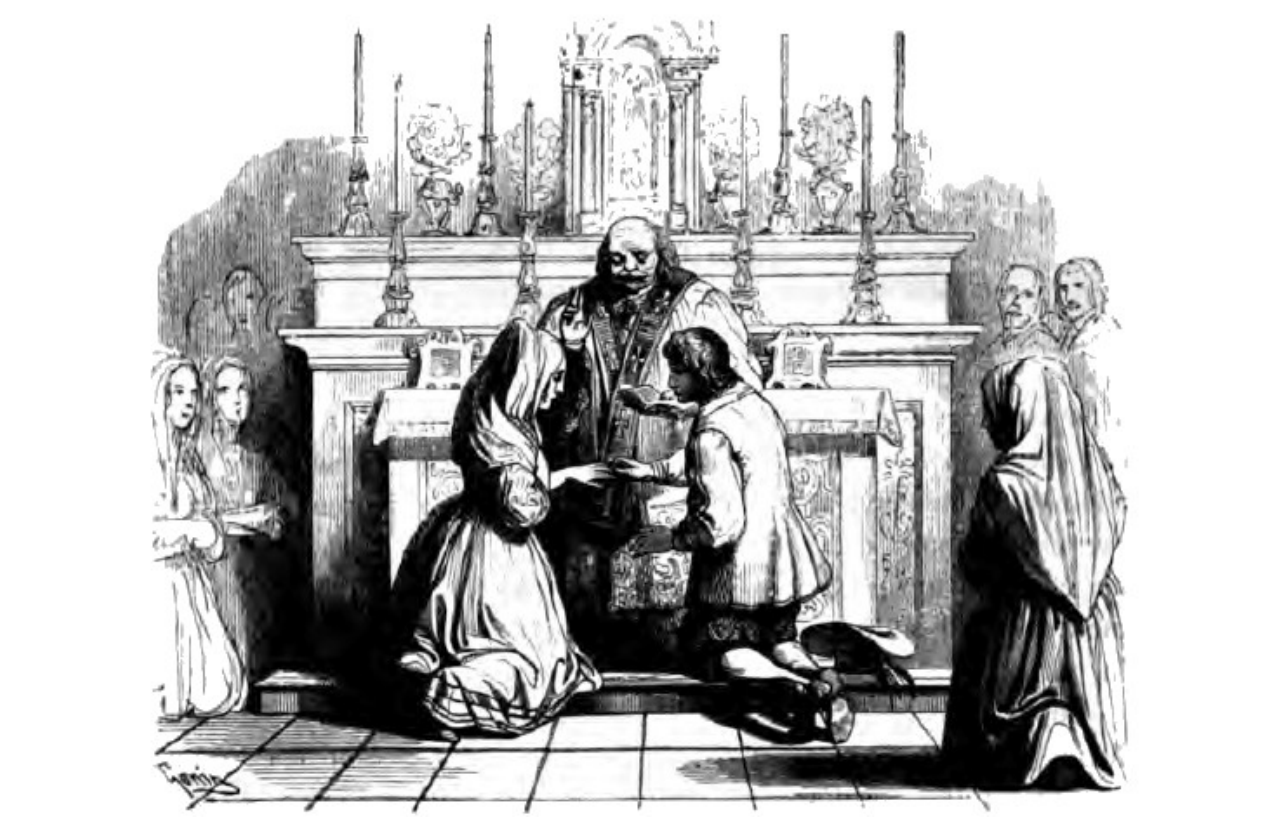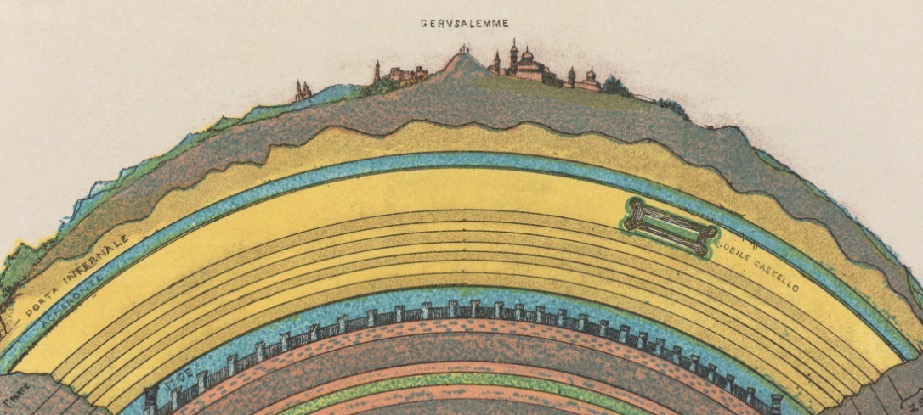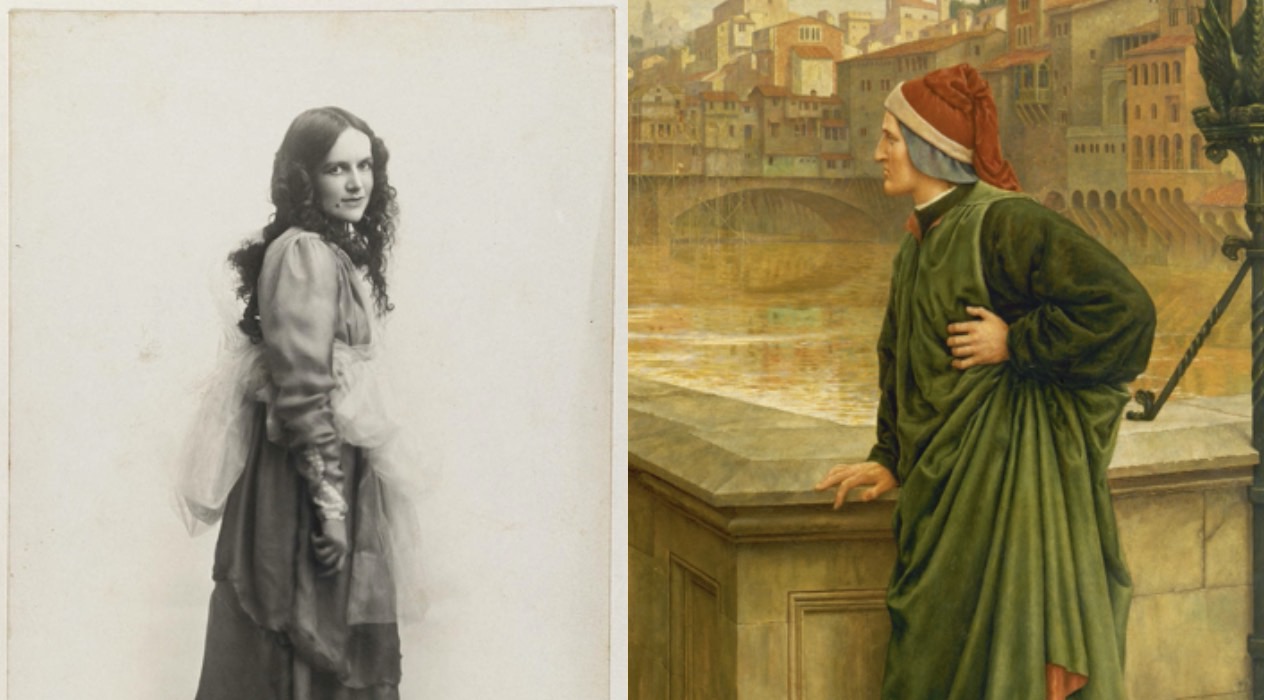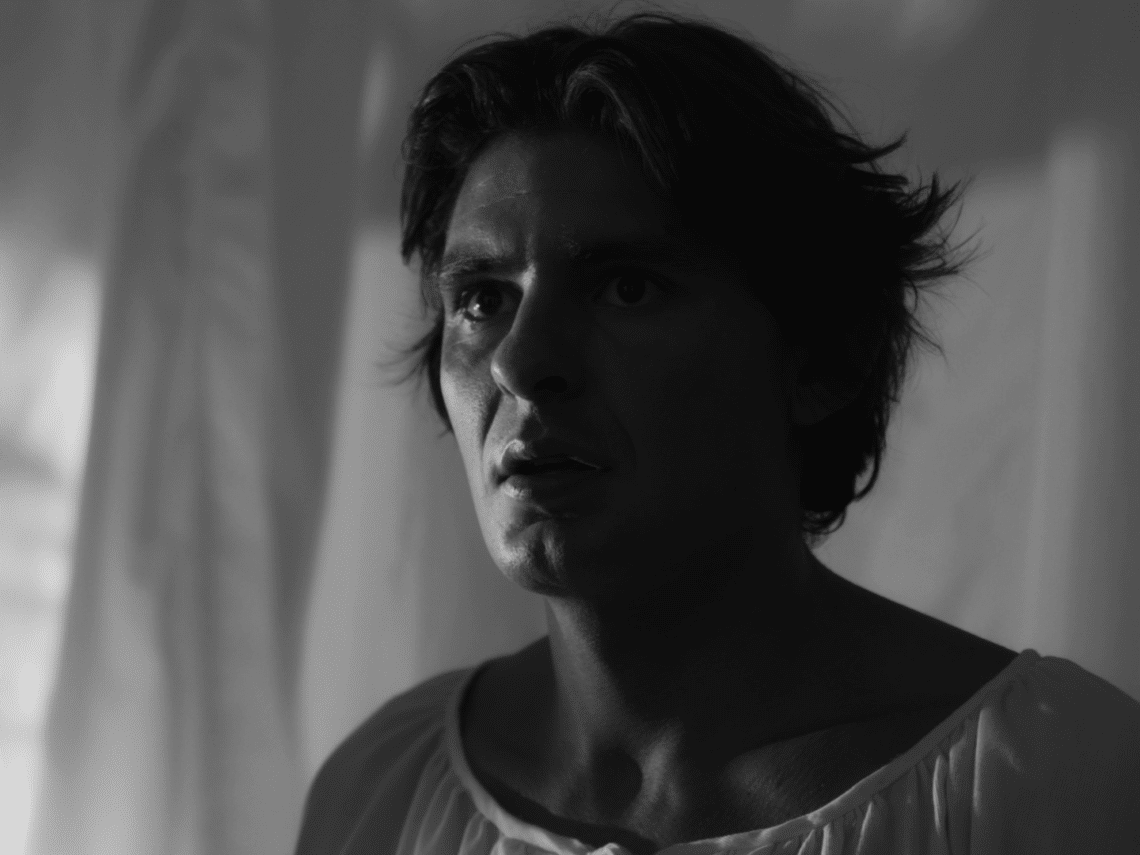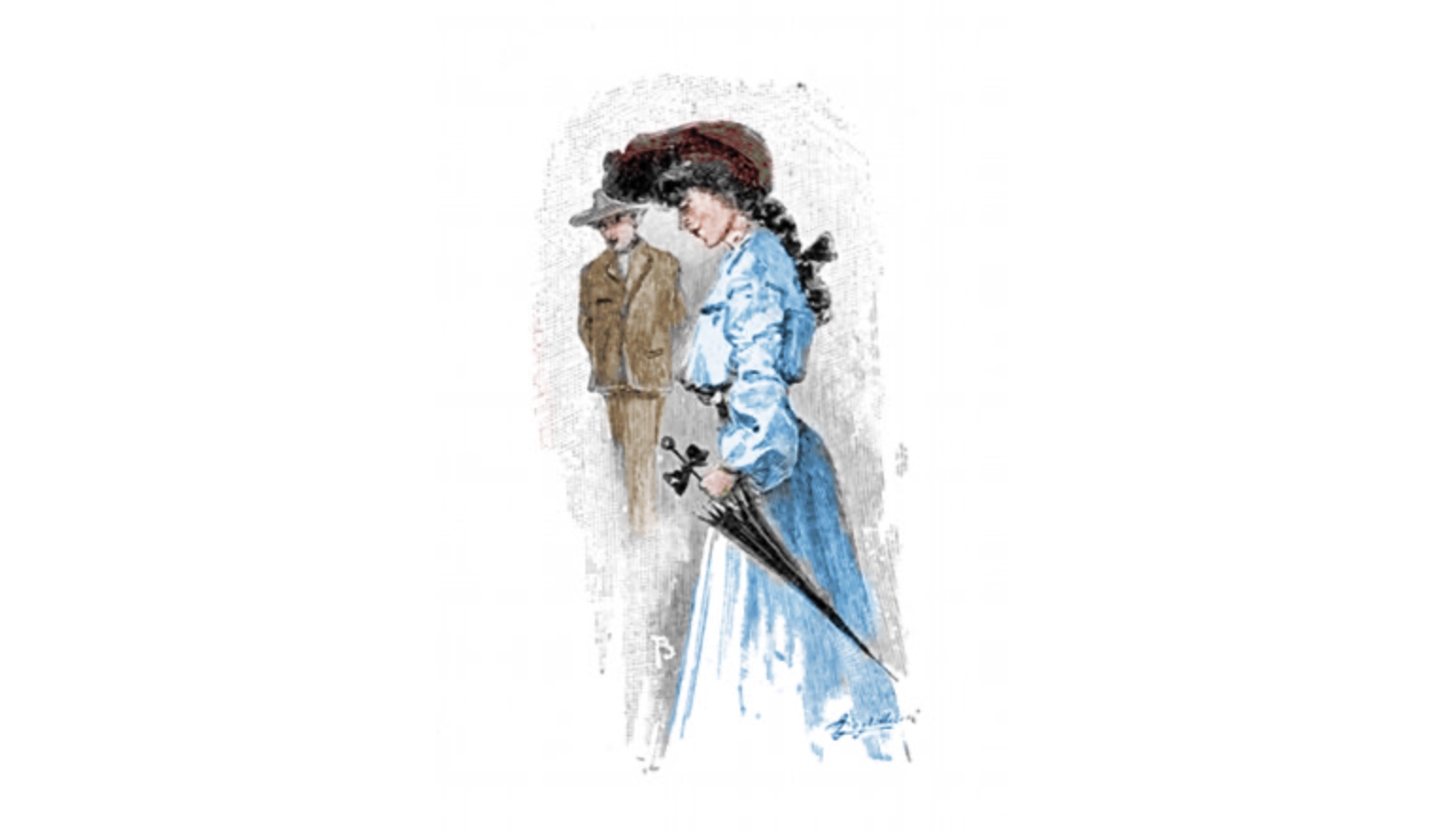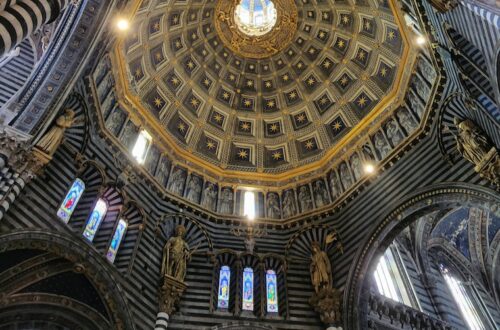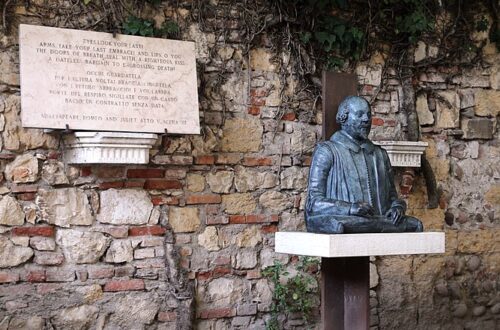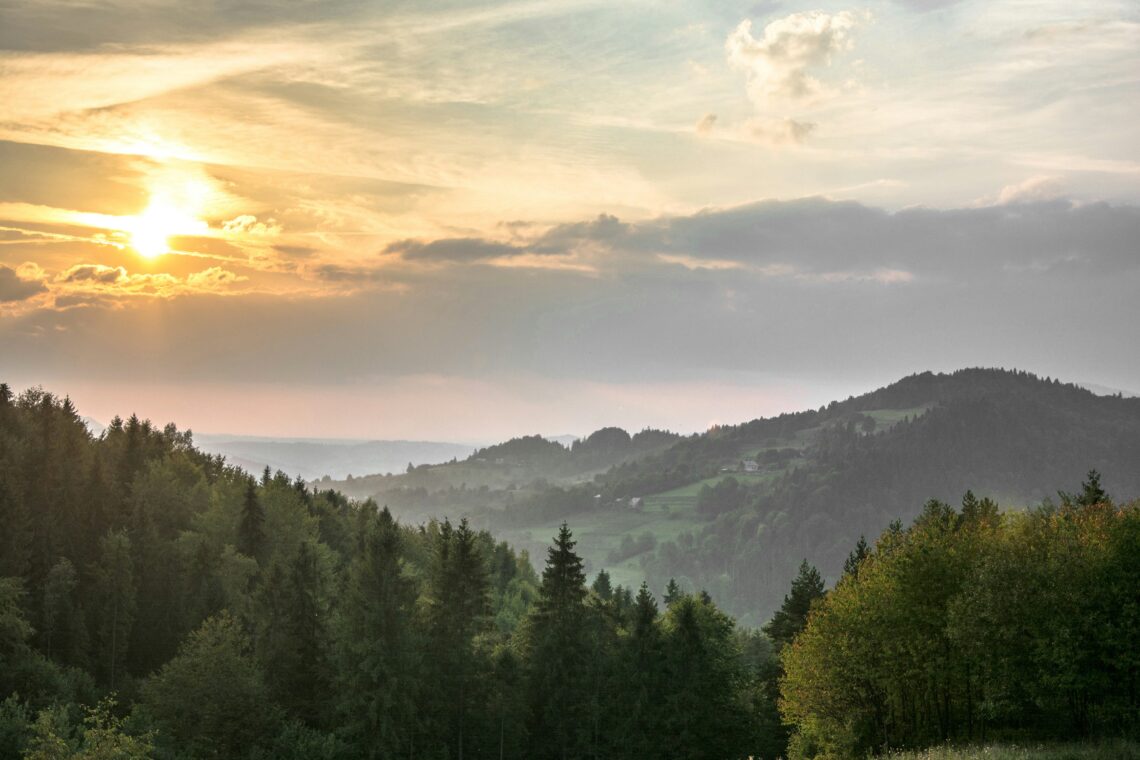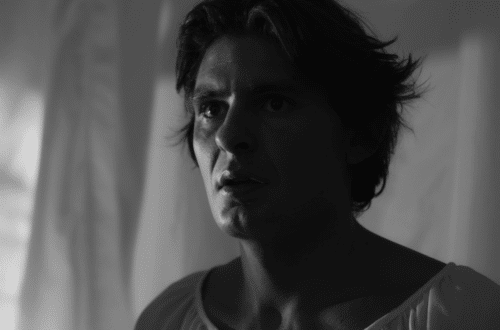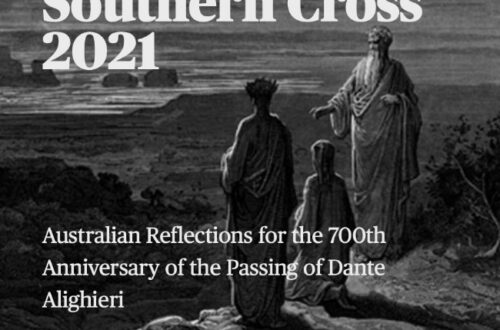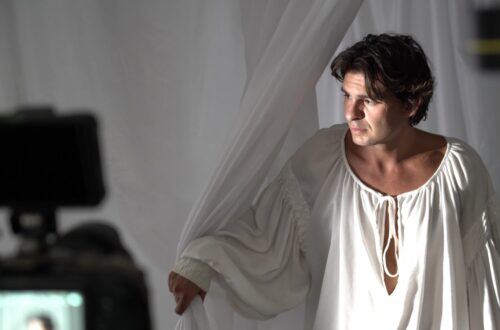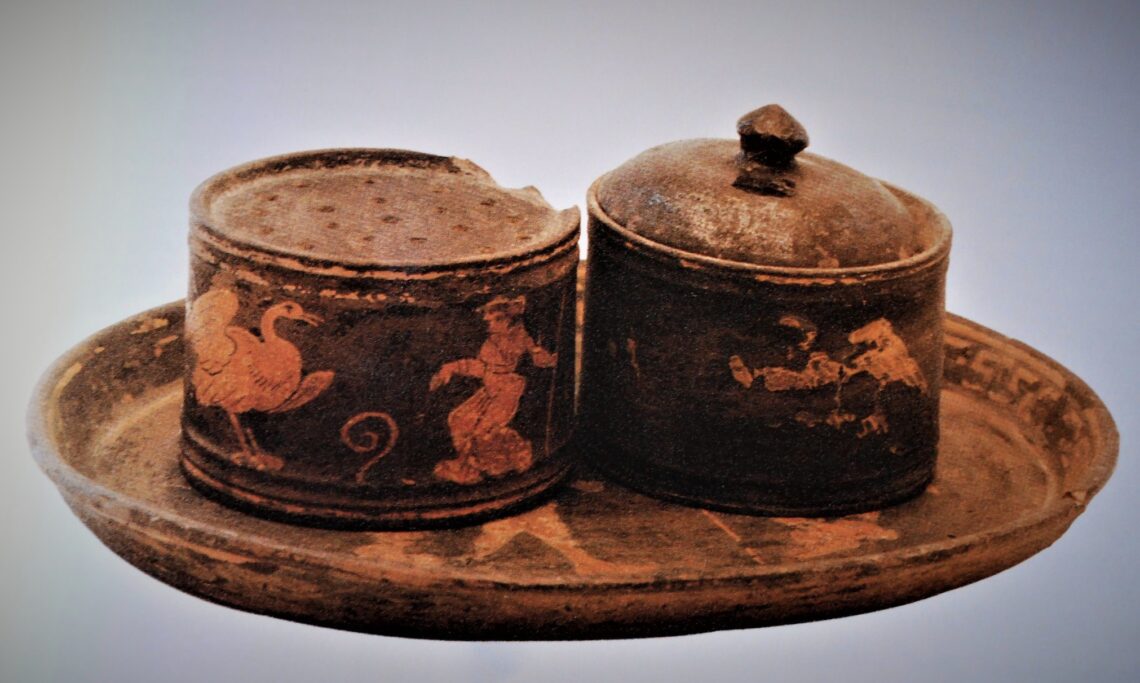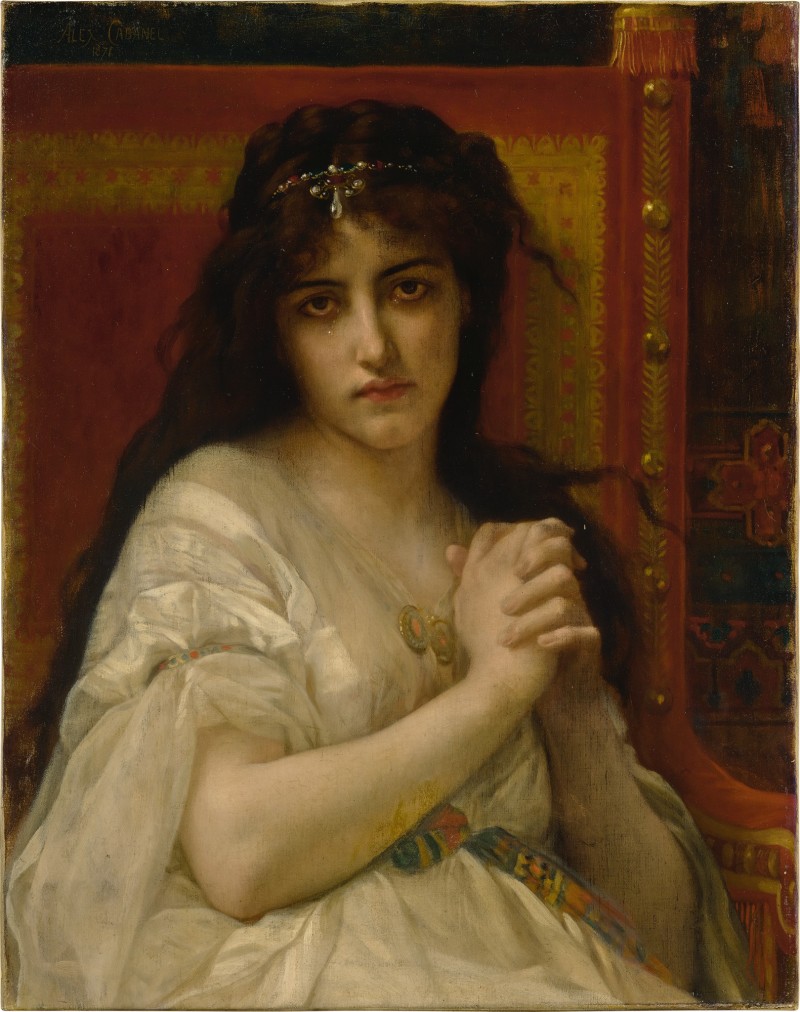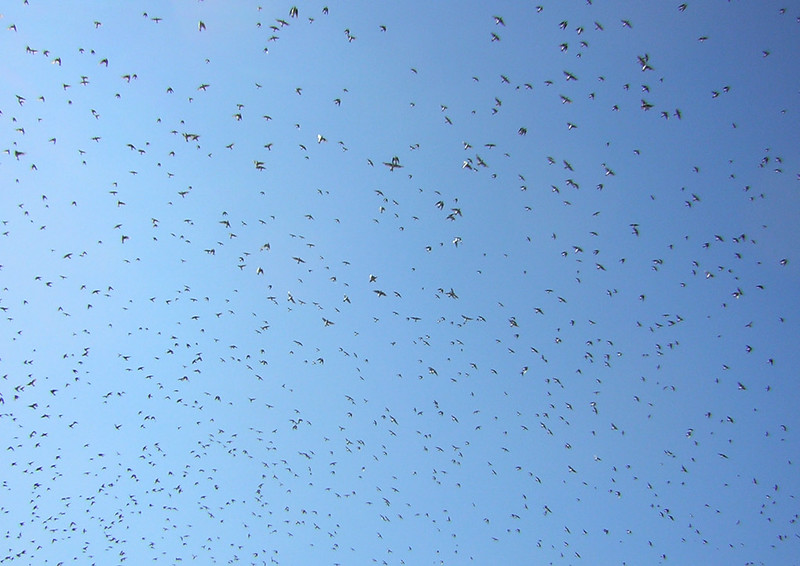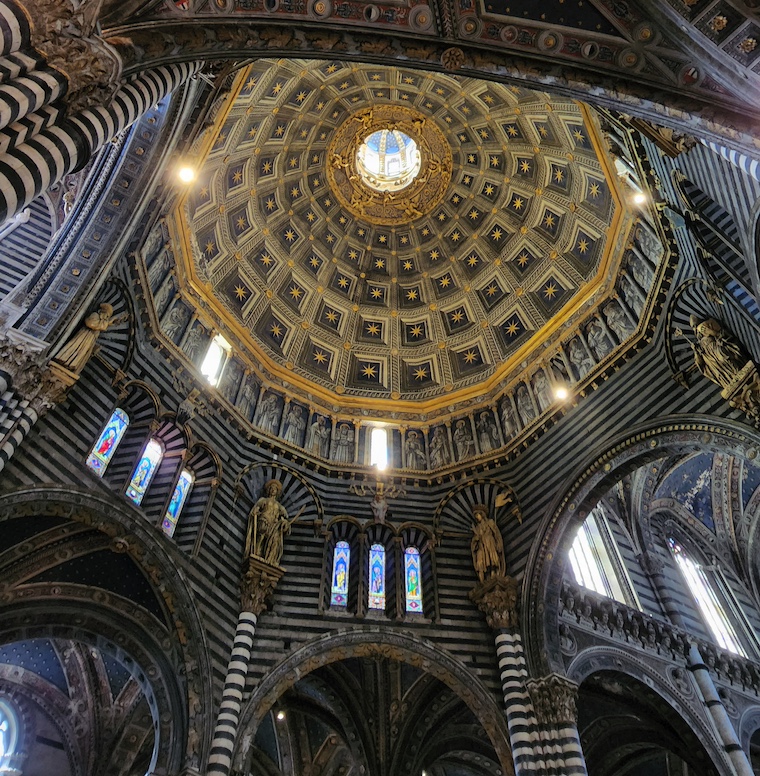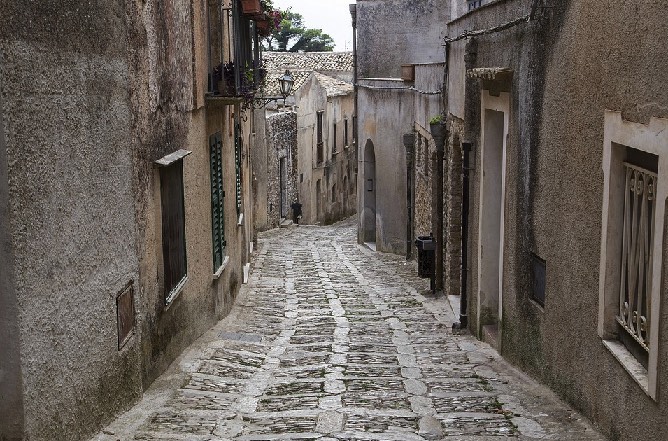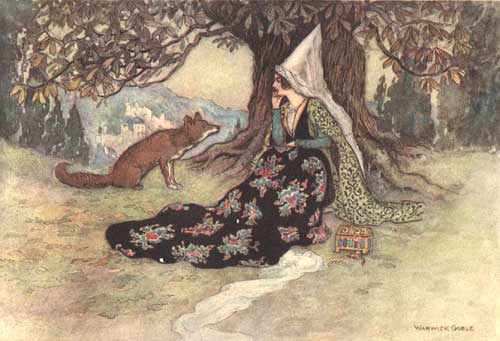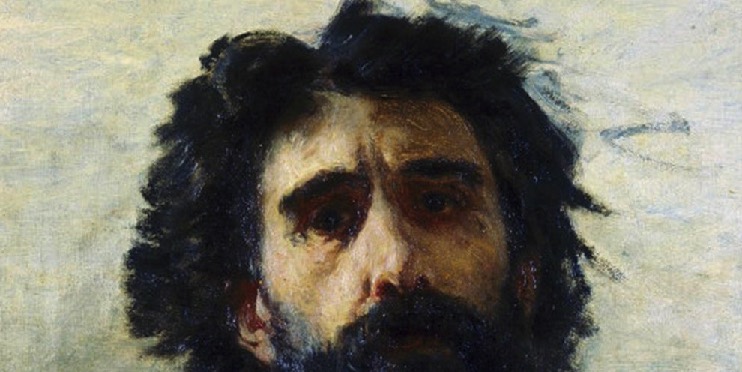-
Family
Harmonies rising, faces aglow Mother, father, daughter Spanning human creation Daughter fulcrum of their song Within, low lighting Illumines and shadows. If you saw them apart One, you would not imagine them. Yet they are. And such things can be. Beyond, outside their sacred space, all is amiss And hate and anger reign, And our differences we can’t forget. Image by Ri_Ya
-
Behind the scenes interview: Juliet is dead: Romeo’s Lost Scene
In the video below, director filmmaker Rhianna Spooner and author/translator Michael Curtotti talk about Juliet is Dead: Romeo’s Lost Scene: the new release short film dramatising a lost scene from the Romeo and Juliet story. That scene never made it into Shakespeare’s play. The video includes behind the scenes footage from the film shoot with J.K Kazzi and Gabriel Alvarado. An edited interview transcript (not including the behind the scenes footage in the video) is provided below. Introduction Hi, my name’s David Curry. I’m coming to you from Ngunnawal and Ngamberri country, Canberra. I’m very excited to be part of this launch of Juliet is Dead: Romeo’s Lost Scene. So…
-
Juliet is dead! In world first, Australian team films lost historical Romeo scene.
Press Release: Shakespeare’s Romeo and Juliet has long entranced audiences worldwide, but what if there’s more to the story? In a groundbreaking first, an Australian team unveils a powerful scene from Matteo Bandello’s overlooked original Italian version, Romeo and Giulietta, which Shakespeare adapted. “Even though Romeo and Juliet is set in Verona, most people don’t know it’s an Italian story,” explains Italian-Australian author Michael Curtotti, who recently unveiled a fresh English translation of Matteo Bandello’s narrative. “It’s like appreciating Peter Jackson’s Lord of the Rings without acknowledging JRR Tolkien. Within Bandello’s rendition lies a trove of narrative richness that was left on the cutting room floor.” Led by director Rhianna…
-
The Infinite – Giacomo Leopardi
Sempre caro mi fu quest’ermo colle,e questa siepe, che da tanta partedell’ultimo orizzonte il guardo esclude. Ever dear to me has been this empty knoll, And this hedgerow, which walls away so muchOf that last horizon from my sight. Ma sedendo e mirando, interminatispazi di là da quella, e sovrumanisilenzi, e profondissima quïeteio nel pensier mi fingo; ove per pocoil cor non si spaura. E come il ventoodo stormir tra queste piante, io quelloinfinito silenzio a questa vocevo comparando: e mi sovvien l’eterno,e le morte stagioni, e la presentee viva, e ‘l suon di lei. Così tra questaimmensità s’annega il pensier mio:e ‘l naufragar m’è dolce in questo mare. But…
-
Giacomo Leopardi’s Alla Luna – To the Moon
O graziosa luna, io mi rammento O friend, o gracious moon, once more returns to mind Che, or volge l’anno, sovra questo colle Io venia pien d’angoscia a rimirarti: E tu pendevi allor su quella selva Siccome or fai, che tutta la rischiari. The turning of the year, when over this wooded knoll, I came, full of pain, admiring thee: And there you hung over that wood And then as now, everything bathed in light. Ma nebuloso e tremulo dal pianto Che mi sorgea sul ciglio, alle mie luci Il tuo volto apparia, che travagliosa Era mia vita: ed è, né cangia stile, O mia diletta luna. Yet clouded and tremulous from the…
-
Othello and Desdemona: An Italian novella of murder and manipulation
Until you read the stories that Shakespeare read, it’s difficult to fully understand the plays he wrote. This is the tale of a particular story he read: the Italian novella which inspired Othello. Shakespeare adapted its plot to the stage, and like Romeo and Juliet, he made it world famous. To Shakespeare, Othello was the most important person in the tale. For the author of the novella however, Desdemona was the heart of the story. For the novella focusses on hatred of a woman. In Shakespeare’s hands the story became a play about the hatred of a man. There is much that the two stories share in common. Most of…
-
The Swallows and the Buddha
Feet sink in the melting sand As paces carry me forward Along scribbled threshold between land and sea. Ahead, a mist masks an unfamiliar treeline, And beyond, fading reaches of headland. La sabbia squaglia sotto i miei piedi Mentre i passi mi portano avanti Per la soglia scarabocchiata fra terr’ e mare Avanti, una foschia maschera alberi sconosciuti E più in fondo, svanenti promontori estesi. Sad and slivery-green, the waves carry their stories ashore. Bubbled lines flee down the sandy slope, Too quickly to be read before they, Vanish forever into the sea. Far out on the water, fishing boats bob in the early morning light. Verde-argenteo e tristi, le…
-
Romeo and Juliet Go Down to Egypt
As far as we know, the first recognisable version of Romeo and Juliet was written by Masuccio Salernitano, or, by his proper name: Tommaso Guardati. (His nickname just means: “Tommy of Salerno.”) In 1476, when he wrote his version of Romeo and Juliet, he didn’t use the names we now know today. Yet even though he calls the lovers “Mariotto and Gianozza,” and they lived in Siena instead of Verona, it’s clear these lovers are Romeo and Juliet. The journey from Masuccio’s tale to that of Shakespeare passes through several versions. First, Luigi da Porto took the story and put it in Verona. He gave the lovers the names we…
-
What an Italian novella really taught me about Shakespeare …
It’s a strange place to look, you’d think. Shakespeare is an English poet. No … He is the English poet. So surely there would be little to learn about him in an Italian story, particularly one written before he was even born. But that’s the great thing about taking a turn down the side roads of history. You never know what you’ll discover. Earlier I wrote an article titled: It’s Funny, but Shakespeare is Teaching me Italian Stories. This is a complement and looks at the relationship between Italy and Shakespeare from the opposite direction. But where to begin? That maybe there was a grain of truth in a Groats-worth…
